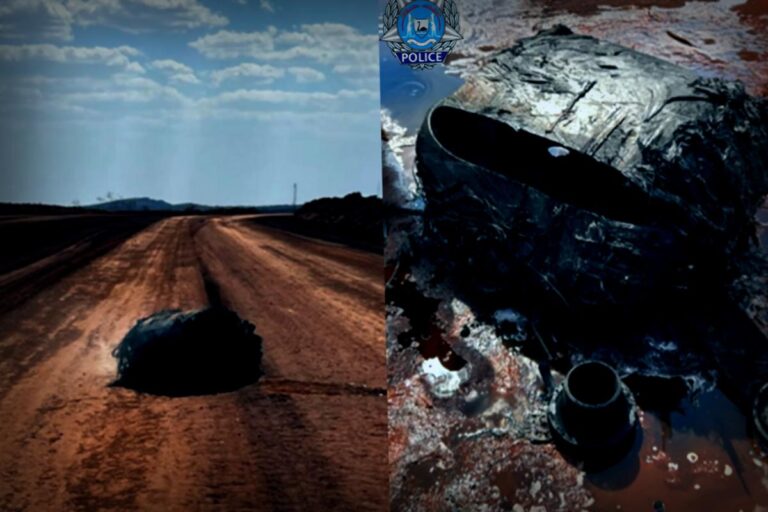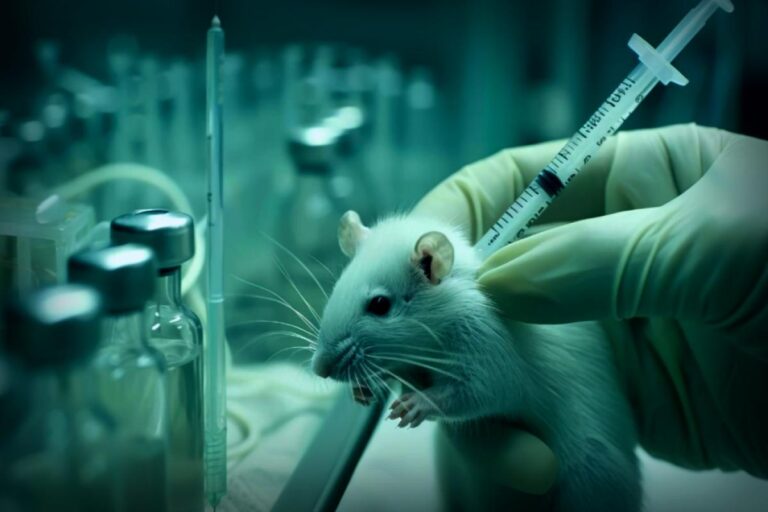In an exciting development, researchers based in the Philippines have taken a significant step towards the creation of a vaccine targeting both stomach ulcers and cancer. Although there’s plenty more work ahead of us, this discovery definitely gives us hope.
We’ve all had that moment where a baby boomer advises us to ‘calm down’ during times of stress, warning that it might give us an ulcer. But here’s a fun fact: this notion was prevalent until 1983 when Barry Marshall famously drank an ulcer-causing bacteria cocktail and later cured himself, revealing that the culprit is actually a tiny microbe known as Helicobacter pylori.
This sneaky little bacterium often hangs around without causing trouble for most people. However, if it starts multiplying unchecked, it can wreak havoc, eating away at the stomach lining, causing chronic inflammation, and ultimately leading to ulcers or even stomach cancer. Unfortunately, stomach cancer currently has a sobering 5-year survival rate of only 7.5 percent when it has spread.
What’s particularly sobering is that H. pylori is implicated in up to three out of five stomach cancer cases. If scientists can create a vaccine against this bacterium, it could genuinely save lives. But how close are we to that achievement?
According to the recent study, there’s a possibility! Researchers discovered crucial sequences related to five key virulence factors of H. pylori: HP-NAP, OipA, SabA, HopZ, and urease. Impressively, these factors were shown to elicit a strong immune response in over 90% of the tested populations, suggesting that a broad-reaching vaccine could indeed be developed.
Among the candidates, the factor HopZ appeared most promising, showing excellent immune response potential. Future studies will need to dig deeper, utilizing techniques like molecular docking to better refine the vaccine formulation.
It’s essential to clarify, though: this is not a fully developed vaccine yet. Think of it more as a solid recipe waiting to be cooked. This discovery was made possible through advanced methodologies like immunoinformatics, enabling researchers to leverage computational analysis on pathogen genomes to pinpoint the most effective components for triggering human immune response.
If everything aligns and proves successful, we could be on the verge of the first vaccine aimed at combating significant causes of stomach ulcers and cancer.
The research team remains optimistic, stating that their ongoing efforts will target practical and safe vaccines against H. pylori, addressing this major global health issue.
The findings of this groundbreaking study were published in the journal BioTechnologia.



















